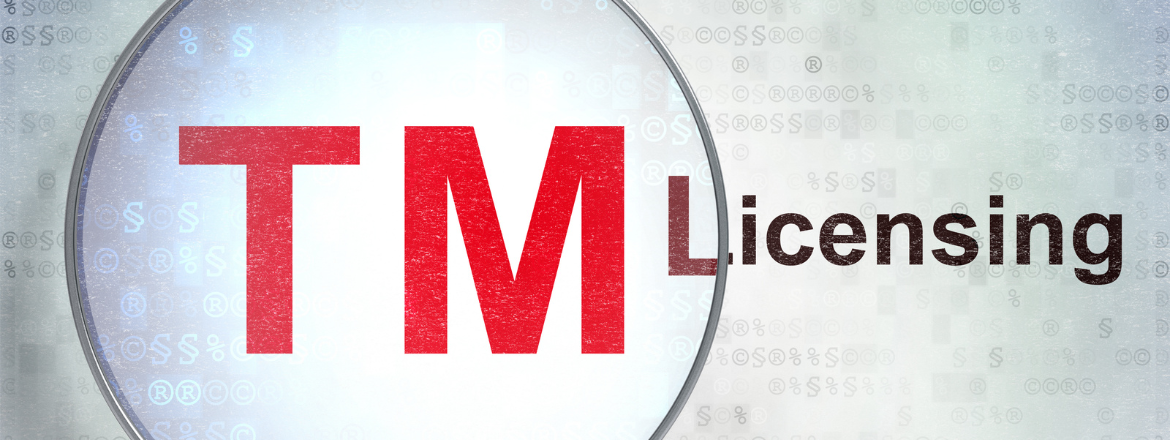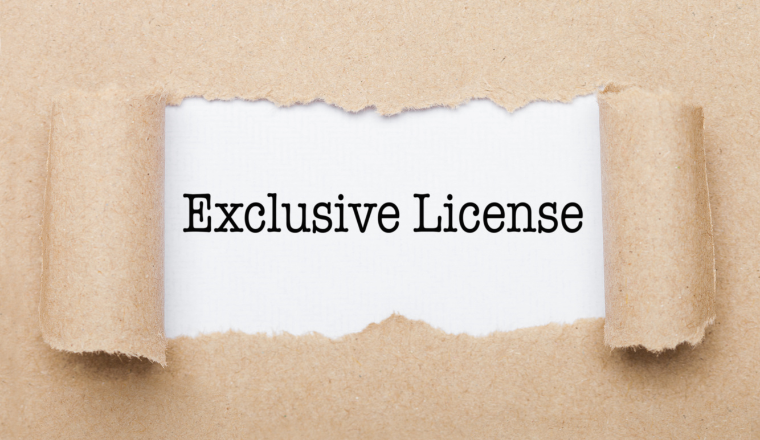Trademark Licensing and Assignment in the United Arab Emirates

Understanding and Safeguarding the Value of Trademark Registration: Through the Looking Glass
Understanding the significance of trademark registration in the UAE goes beyond mere protection—it grants leeway to fortify your brand's presence in the market and explore numerous avenues for growth and expansion. It is vital to comprehend the legalities surrounding trademark assignment and licensing, which are pivotal steps in strengthening the safety of your intellectual property.
Assignment and Licensing: Fortifying Protection and Ensuring Expansion
Trademark assignment and licensing can be complex and riddled with legal intricacies in the UAE. Licensing provides the IP owner with the authority to grant usage rights to another entity, ensuring adherence to terms and conditions within the agreement. It is crucial to understand the nuances of exclusive or non-exclusive licenses and precisely define product classification and the duration of the license when transferring IP through licensing.
Ownership Determination and Scenarios
Determining the rightful owner of a trademark in the UAE involves evaluating various aspects such as company structure, subsidiaries, and joint ventures. As per the Federal Decree-Law (No. 36) of 2021, trademark registration in the UAE is open to various entities, irrespective of nationality, given compliance with legal provisions.
Different scenarios that define ownership include:
- A company in the UAE follows the standard registration process, thereby becoming the original authentic entity that legally owns and protects its trademark as a valuable asset.
- Partnerships and alliances are created between two or more companies to maintain their trademark through strategies like co-branding or franchising license agreements, granting partners usage rights while retaining control over their intellectual property.
- Intricate corporate arrangements, such as joint ventures, are designed to precisely represent trademark ownership to avoid future conflicts or complications.
- A corporate conglomerate with multiple subsidiaries centralizes trademark ownership under the group or holding company, allowing efficient management and protection of its trademark portfolio.
- An individual can hold a trademark under his name.
Defining Ownership and Other Considerations: Know Before You Go
Trademark owners have the authority to enforce registered trademarks against infringements, involving activities like commercial exploitation and negotiating business deals to prevent infringements. It is crucial to clearly establish the identity of trademark holders before engaging in registration or licensing with a franchise. Failure to do so might lead to the registered company becoming entangled in an infringement lawsuit, whether intentional or inadvertent.
Moreover, there are other crucial considerations to keep in mind before licensing a trademark in the UAE. According to the UAE Trademark Law (Federal Law No. 37 of 1992), licensors cannot impose unnecessary or unreasonable conditions in licensing agreements. However, certain conditions, such as exclusive or non-exclusive agreements, limited duration, and quality control provisions, are permitted.
Articles 30 to 34 of this law deal with the licensing of trademarks, clearly stating that the proprietor may "by a written and attested contract" license one or more persons to use such a mark for all or some of the products or services for which the trademark is registered. The law confirms that a trademark owner can choose to grant an exclusive or non-exclusive license in the UAE.
Exclusive License
An exclusive license means that only the particular licensee can use the trademark, while no further licenses to other parties would be possible in respect of the same territory and goods or services.
Non-Exclusive License
A non-exclusive license refers to a license where the licensor may allow more than one party to use the same trademark in the same territory and for the same goods or services.
“Importantly, the law also confirms that it is possible for the owner of a trademark to license different licensees to use the same trademark in respect of different goods or services.”


Unrecorded License
An unrecorded license does not have an effect on third parties, and therefore, there is a tricky statutory limitation to enforce such rights against third parties.
Under UAE Trademark Law, quality control is one of the most possible and accepted clauses to be included in a license agreement. However, it is not a mandatory requirement for either the licensee or the licensor.
Naked License
A naked license is not one of the available causes of action in the UAE to invalidate or cancel a trademark. Hence, a license with no quality control provisions does not undermine the trademark owner's rights to their marks in the UAE.
Conclusion
In the United Arab Emirates, registering your trademark is not only a safe legal measure but also, a means of increasing your brand's visibility and opening up various business prospects.
The intricacies of trademark assignment and licensing are pivotal to safeguarding your intellectual property and creating opportunities for growth. Given the variety of corporate entity forms and their unique requirements, it is important to comprehend the circumstances that dictate trademark ownership, underscoring the need for precisely identifying ownership.
Protecting the intellectual property associated with your business requires a thorough awareness of the intricate legal environment. We at Abou Naja Intellectual Property are prepared to assist you in navigating this landscape effectively through our premier consulting services. For a free consultation on how to preserve and build your brand in the competitive UAE market, email us at [email protected].
Frequently Asked Questions
What is the significance of trademark registration in the UAE?
In the UAE, registering a trademark strengthens a company's identity and opens up new growth and expansion opportunities. It does more than just protect a brand.
How does trademark licensing work in the UAE?
Trademark licensing authorizes the IP owner to grant usage rights to another company while establishing terms and conditions in the agreement.
What are the key considerations in trademark ownership determination in the UAE?
Company structure, partnerships, joint ventures, corporate conglomerates, and individual ownership all play a role in determining ownership.
What scenarios define trademark ownership in the UAE?
Standard registration, partnerships, joint ventures, corporate conglomerates, and individual ownership are all potential ownership structures.
What should trademark owners establish before engaging in registration or licensing?
It is crucial to establish the identity of trademark holders before engaging in registration or licensing to prevent potential infringement lawsuits.
Are there specific conditions allowed in licensing agreements as per UAE Trademark Law?
Yes, while licensors cannot impose unnecessary conditions, certain conditions such as exclusive or non-exclusive agreements, limited duration, and quality control provisions are permitted.
What types of licenses are recognized under UAE Trademark Law?
Exclusive, Non-exclusive, Unrecorded, and Naked licenses are recognized under UAE Trademark Law.
Can a trademark owner license different licensees for different goods or services?
Yes, the law allows the owner to license different licensees to use the same trademark for different goods or services.
Is quality control a mandatory requirement in licensing agreements under UAE Trademark Law?
Quality control is not mandatory but is a recognized and accepted clause in licensing agreements.






